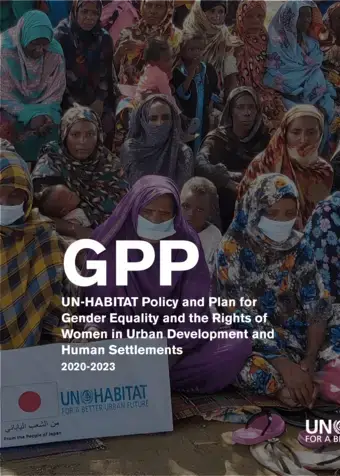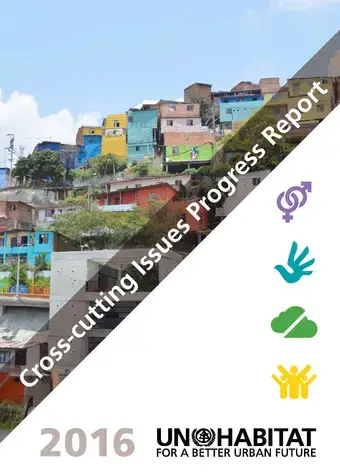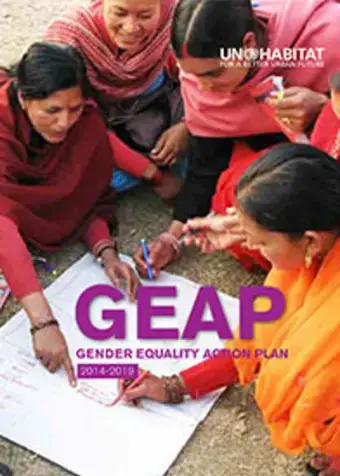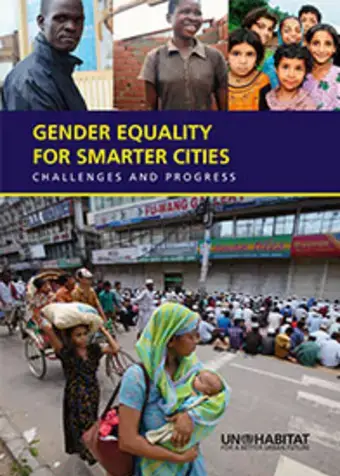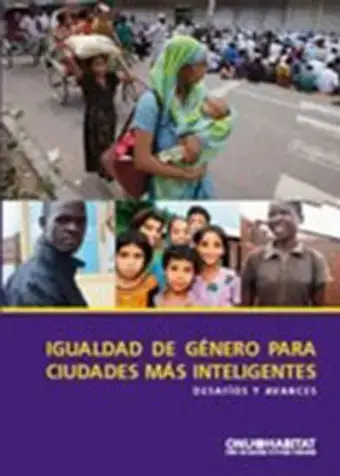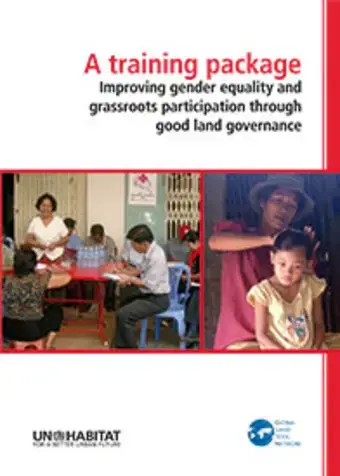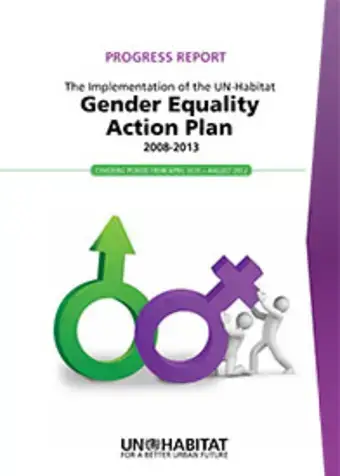 The Cross-Cutting issues focused within UN-Habitat are human rights, gender, the youth and climate change. As part of the UN family, UN-Habitat is mandated to respect, promote, and protect human rights in all of its activities.
The Cross-Cutting issues focused within UN-Habitat are human rights, gender, the youth and climate change. As part of the UN family, UN-Habitat is mandated to respect, promote, and protect human rights in all of its activities.
"Gender perspectives in urban planning" - Ana Falú
Ana Falú from the National University of Cordoba - and the Coordinator of the UN-Habitat UNI Gender Hub - in this lecture discusses urban planning from a gender perspective, with emphasis on both who has the right to the city, and who has the right to plan the city.
[su_youtube_advanced url="https://youtu.be/Sop4fqc2NV8" controls="alt" autohide="yes" rel="no" modestbranding="yes" theme="light"]
MP3
